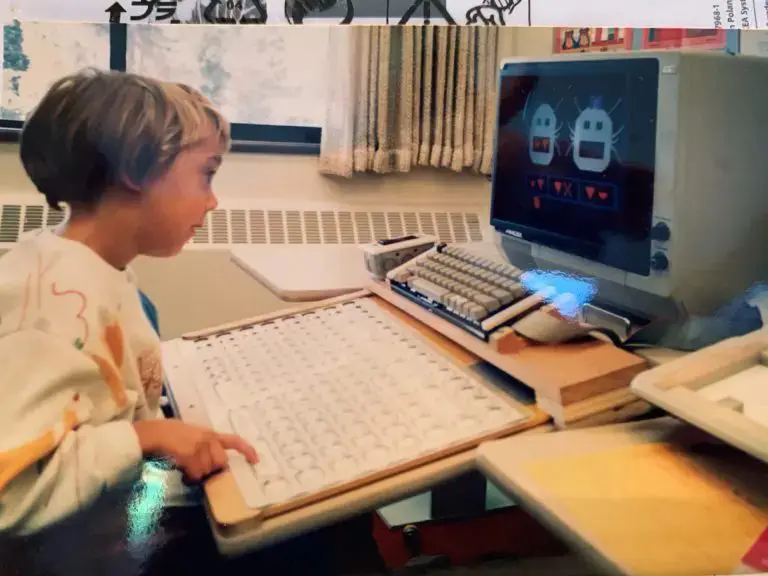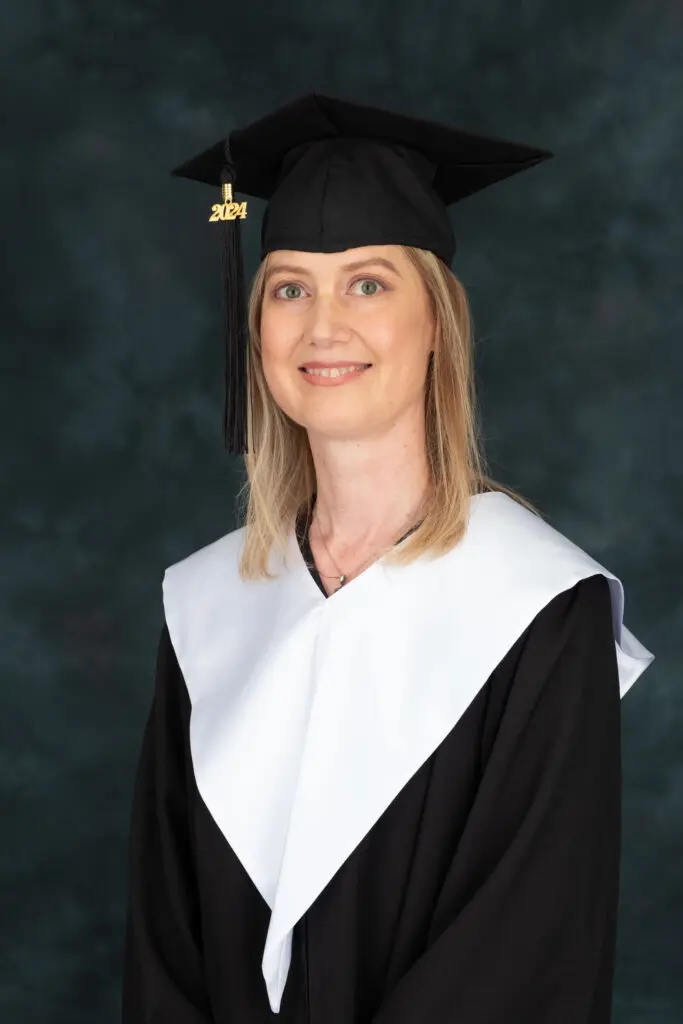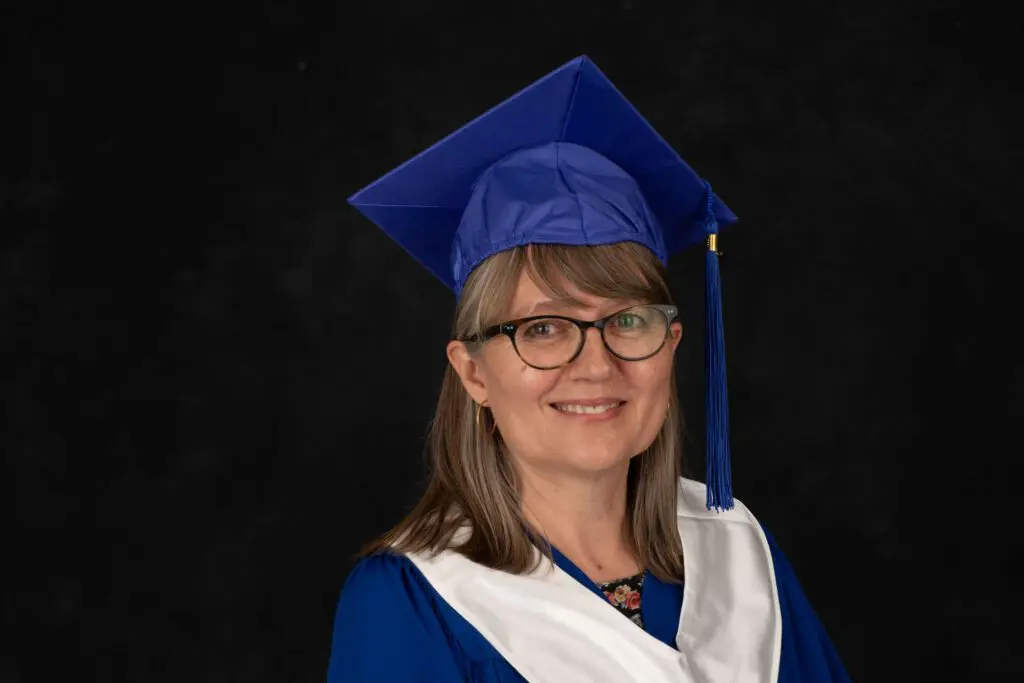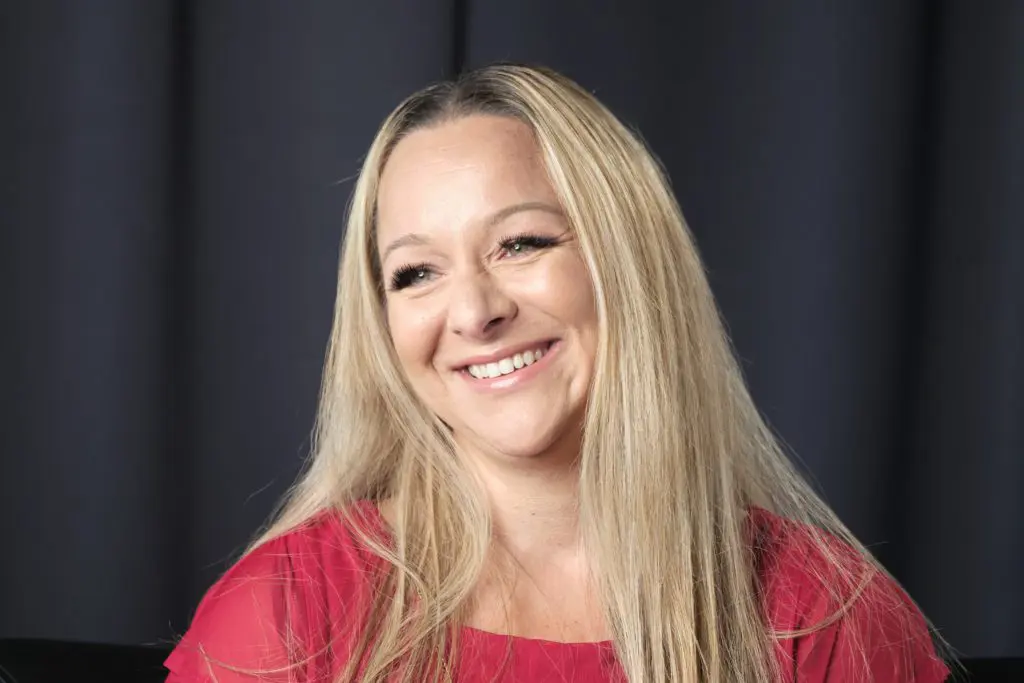Hey, I’m Alison, and I’m 40 years old. Although I’ve been out of school for a while, the memory of my experiences in school is still strong. I was the first child with a disability in Surrey to go through the regular program from grades 1 to 12. The first 3 years of my schooling were not very easy for me.
My advocates, my support system
The challenges began when I had my IQ tested four times in one summer to prove my abilities. Not only did I have to get my IQ tested, but my parents had to go to court just to get me into the regular program. These tests, court appearances, and meetings were to prove that I could handle being integrated into regular programming at school. Despite passing these tests, I still faced challenges getting into the classroom. It was my Education Assistant (EA) in grade 1 who advocated for me and pushed the teacher to ensure I was included.
It was my Education Assistant in grade 1 who advocated for me, and pushed the teacher to ensure I was included.
When I started grade 2, the classroom teacher didn’t like having a student with a disability in her class and would not accommodate my needs. She didn’t let me use my typewriter, which I used to take notes in class. My EA quit by the end of grade 2 because the teacher made it too stressful for her to support me. The beginning of my grade 3 year wasn’t easier. I had sub after sub. It wasn’t until after the new year when the school board hired someone to support me. This EA stayed with me until I graduated grade 12. Having an Education Assistant was essential for my learning because I need help with all aspects of personal care. She understood my needs and structured my support around them. As a child with a disability, it’s uncomfortable going to the washroom with other people in the room. She actually made going to the washroom very comfortable for me… we told jokes and had fun! She also helped me during recess and lunch with food.
Creating accessibility and inclusivity
To succeed in the classroom, I needed a space that was accessible for me. My Education Assistant helped me get used to my wheelchair. She got me a seat in the class that was easy to get to and where I could see the chalkboard/overhead clearly because my vision isn’t very good. She also helped me take my computer out of my bag, take notes, and scribe for things that couldn’t be done on the computer, like math.
Not only did my EA help me succeed in the classroom, but she also made me feel like I belonged.
Not only did my EA help me succeed in the classroom, but she also made me feel like I belonged. When I was in elementary school, she helped me make friends. She would explain to the class why I sound different and talk to them about my disability in a way that they would understand. It wasn’t always easy… my EA was also there when I got made fun of. She made me feel better by taking me away from the situation for a minute. On the better days, she helped me communicate with new friends and teachers because of my severe speech impediment. She understood me and helped me interact with others. I felt included.
I’m smart, and I proved it
One of Alison’s EA’s was Natalie Taylor-Lane, an instructor in Stenberg College’s Education Assistant program.
All throughout school, my EA advocated to every single teacher I had to help prove that I was the one completing the coursework. School was quite the journey, but my EA definitely made it better. She was by my side. Even though I sound different and can’t do most things by myself, my EA gave me the confidence to know that I’m very smart, and that’s why I graduated high school with honours. Her support allowed me to prove my potential.
My EA gave me the confidence to know that I’m very smart, and that’s why I graduated high school with honours
What have I been up to since graduation? I got into the sport of Boccia while I was in school and continued to play after at a high-performance level. I participated in 3 Paralympics (2000, 2004, and 2008) where my pairs partner and I won the bronze medal in 2000 and 2004. In 2011, I retired from competitive Boccia and got involved in local coaching until 2019.
I have been managing my support workers since I turned 19, which involves hiring, training, and general management. I’m still looking for “what I want to be when I grow up” and have had to trust the process this past year and a half. I look forward to volunteering and finding something that I’m passionate about.











